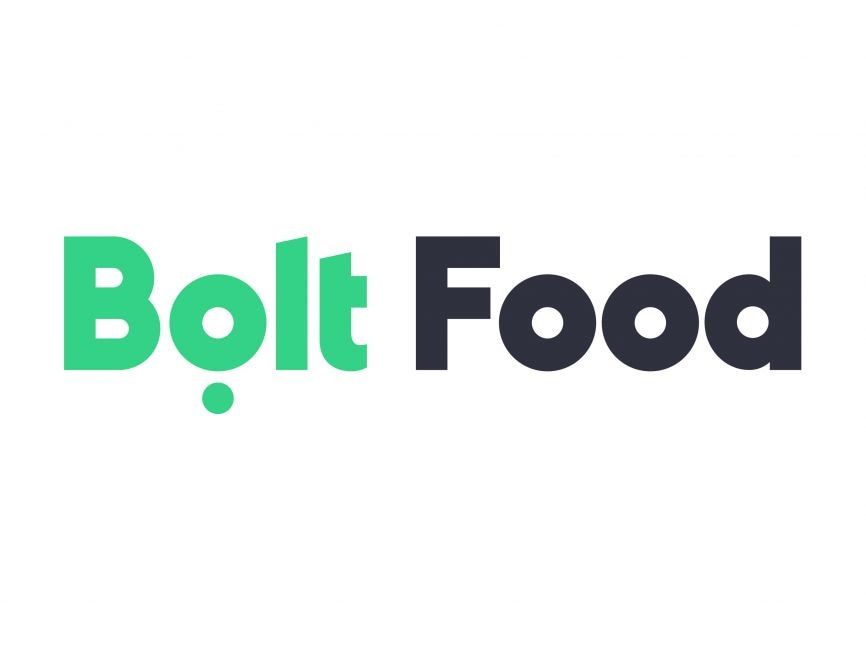Bolt Food exits Nigeria, Flutterwave wins court case in Kenya and Gozem acquires Moneex

Here are the highlights of tech around Africa for this week:
- Bolt Food exits Nigeria
- Flutterwave wins court case in Kenya
- Gozem acquires Moneex
Bolt food exits Nigeria
On December 7, 2023, Bolt Food, having been in the Nigerian market for just under two years, would close. The action, justified as having "business reasons," was presented as an attempt to reallocate resources in a way that would maximize overall corporate efficiency. This strategic move emphasizes the need to make difficult decisions for the larger ecosystem of services, which is in line with Bolt's dedication to efficiency and thrift.
In October 2021, Bolt Meal joined the Nigerian meal delivery scene, vying with well-known companies like Jumia Food and Gokada. Bolt Food fell short of expectations by only securing a meagre 5% market share despite significant investments. Femi Adeyemo, the company's manager of communications, listed the following as contributory factors: difficult market circumstances, heightened competition, and economic slump.
The market for online meal delivery in Nigeria was estimated to be worth $834.7 million in 2022 and was expected to increase at a compound yearly growth rate of 12.2% to reach $1,719.4 million by 2028. Unfortunately, Bolt Food found it difficult to survive in this market due to strong competition from more recent arrivals like Glovo, and Chowdeck, who brought cutting-edge features and a wide range of products.
The food delivery business was further burdened by economic difficulties, which included government measures that reduced purchasing power and increased inflation. Bolt Food presented its decision to leave the market as a calculated strategic move to concentrate on maintaining its main business lines, including e-hailing services, which carry on despite difficulties.
Flutterwave wins court case in Kenya
Africa's most well-known company, Flutterwave, has won its court case in Kenya, and the Asset Recovery Agency (ARA) has formally withdrawn its previous lawsuit against the fintech. On November 9, 2023, the Kenyan High Court approved the dismissal of a money laundering case that the Asset Recovery Agency (ARA), which is in charge of looking into and retrieving criminal proceeds, had filed. The withdrawal was approved by the judge, removing any remaining legal obstacles for Flutterwave in Kenya. This ruling came about as a result of the court rejecting the ARA's request to have the case dismissed in July, which forced the agency to justify its shift in position.
In August of last year, $3 million was frozen after ARA first presented a substantial variety of evidence connecting Flutterwave's money to illegal operations. After a while, though, the agency changed its mind, claiming that there was insufficient evidence to support its view that the monies had not been obtained illegally. The ARA's initial proceedings were deemed inappropriate and negligent by the judge. Flutterwave, which has not yet issued an official statement on the subject, has in the past maintained that allegations of financial irregularities in Kenya are untrue and emphasized that it can independently confirm this through documentation.
Notwithstanding these legal obstacles, Flutterwave made a big announcement last month about its plan to invest $50 million in Kenya as part of its expansion into the East African market. The organization is assiduously pursuing the acquisition of crucial licenses, such as a remittance and payments service provider license, to augment its financial services provisions, thereby expediting electronic fund transfers, deposits, and withdrawals.
Apart from its legal accomplishments, Flutterwave is proactively enhancing its footprint in Kenya. Key leadership appointments have been made by the company, including the hiring of seasoned tech industry veterans Saruni Maina and Leon Kiptum. These actions demonstrate Flutterwave's dedication to expanding and growing in the Kenyan market, which it joined in 2016 as a result of a strategic alliance with KCB Bank of Kenya. Flutterwave is committed to complying with Kenyan regulations, which is why it focuses on negotiating the regulatory environment and obtaining the required approvals.
According to the company, the present administration is encouraging of its initiatives, which bodes well for Flutterwave's future operations and growth in Kenya.
Gozem acquires Moneex
The Beninese fintech firm Moneex has been acquired by Gozem, a leading app in West Africa, in a calculated attempt to increase its presence in the Francophone African financial services market. The co-founders of Moneex will keep an equity position in the business as part of the undisclosed arrangement. With the help of Moneex's fintech experience, this acquisition puts Gozem in a position to launch a mobile money service called Gozem Money, with intentions to do so in Togo and Benin.
The 2021 startup Moneex was once concentrated on cryptocurrency-based transfers between Europe and Benin, but it eventually changed its name because of the wider issue of Africa's restricted access to international banking services. The fintech company extended its reach into Francophone West African nations, providing consumers and companies in the area with multi-currency accounts.
This strategic action fits with Gozem's development into a super app that offers ride-hailing services in 13 cities around Togo, Benin, Gabon, and Cameroon. Gozem's prior expansion initiatives, such as the purchase of Delivroum, the top food delivery app in Togo, in October 2020, are being followed by the acquisition of Moneex.
Gozem plans to enter the fintech industry in Q1 2024 with the introduction of Gozem Money, a platform designed to offer a variety of payment options and improve the fintech experience for customers as a whole. The company's goal is to combine Gozem's super app network with Moneex's financial skills to create an unmatched fintech starting point.
Motivated by prosperous super app models such as WeChat and Alipay, African entrepreneurs, such as Gozem, are adopting the comprehensive service platform strategy, providing.
